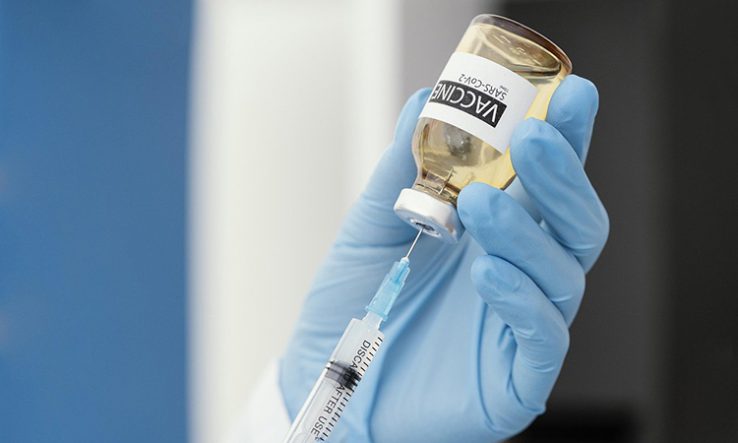
Universities urge states to press ahead with plans for Germany-wide Covid-19 vaccinations for students
Bavaria has started a state-wide Covid-19 vaccination campaign aimed at students, offering them flexible appointments to ensure that all those who want a vaccination will receive one by September.
The idea is that willing students will have their individual vaccination sets completed by the start of the winter semester, said Bavaria’s science ministry after announcing the programme last week. “We want to vaccinate as many people as possible and therefore rely on uncomplicated vaccination offers,” said the state’s health minister, Klaus Holetschek.
Every vaccination is a step toward more freedoms and more normality, he said. Germany, however, has high rates of so-called anti-vaxxers, with up to 20 per cent of the population expected to refuse a Covid-19 jab.
Bavaria’s science minister, Bernd Sibler, added that vaccinations would form a “crucial building block” for the return of in-person teaching at universities. “The goal for the coming winter semester is clear: classroom lectures should once again be the normality at our universities,” Sibler said, adding that a campus thrived on people meeting and exchanging ideas directly.
The Bavarian programme incorporates mobile vaccination teams as well as local health centres and vaccination spots on university campuses. The measures will be rolled out alongside the common way of getting a Covid-19 vaccine in Germany—either at a vaccination centre or by making an appointment at a surgery.
Individual universities in Bavaria have already planned or conducted targeted vaccination campaigns for students prior to the state-wide campaign, the ministry said.
Other states and individual universities have begun vaccination programmes for students. The North Rhine-Westphalian chapter of the German University Association (DHV) last week urged the state government and university officials to “vigorously press ahead with preparations for the possible opening of universities for the coming winter semester”.
In view of low infection figures in the state, there is hope of being able to offer more face-to-face courses in the winter semester, said the DHV chapter’s chairman, Christian von Coelln.
“Those who support this option must not wait now and then fail to implement it, citing a lack of prerequisites,” he added. “No student will rent an apartment near their university if these universities don’t seem to be preparing for on-campus teaching or aren’t giving appropriate signals.”
According to the DHV, targeted vaccination offers for lecturers and students may be the crucial element to enable the return to full campus activities this September. Immunisation among academics could be accelerated with the help of vaccination points on campus, the organisation mooted.
However, despite such measures, federal states should still help fund other Covid-19 reduction measures, such as the installation of ventilation equipment in lecture halls and seminar buildings, as well as daily free testing on campus, the DHV said.
With a high vaccination rate and continuous testing, previously prescribed social distancing requirements at universities could then become superfluous, the association said. To this end, people should be able to attend smaller classes where possible, and lecture times should be scheduled for early mornings and evenings to reduce pressure on transport systems.
In addition, laboratory and library opening hours should be reorganised to allow for more flexible attendance, the DHV said.
“University teachers no longer want to put off students who often have not even seen the inside of their alma mater,” von Coelln said. “Higher education requires face-to-face encounters, which cannot be replaced by virtual meetings in the long run.”